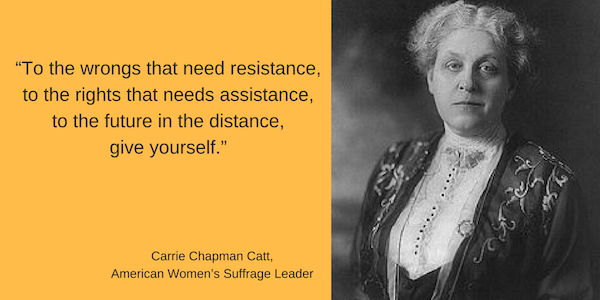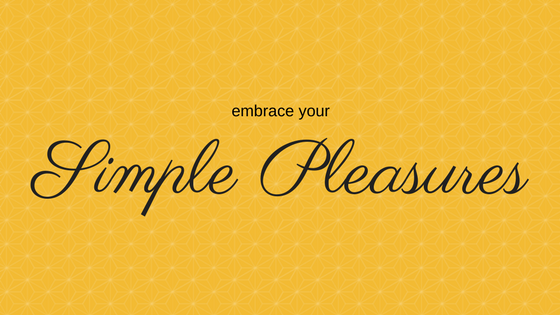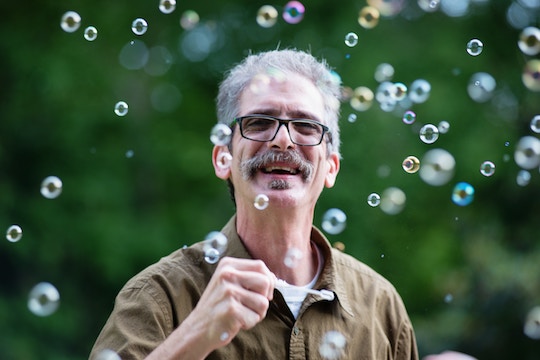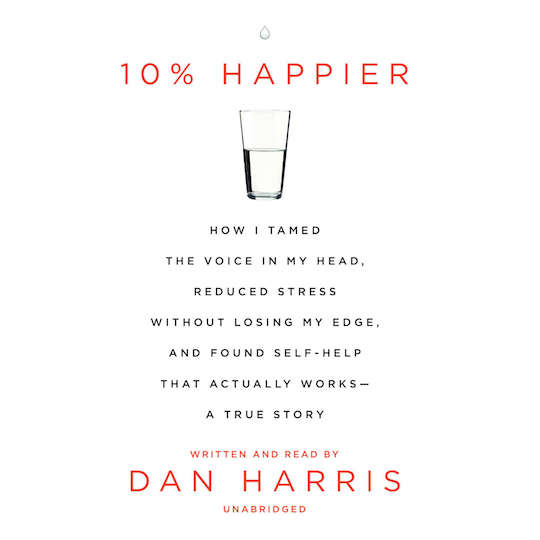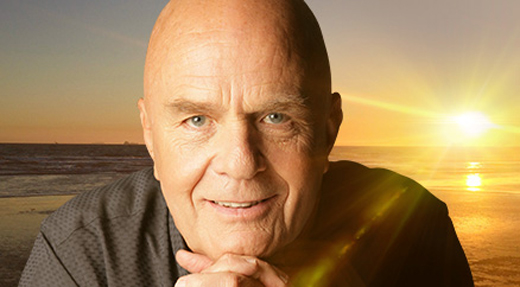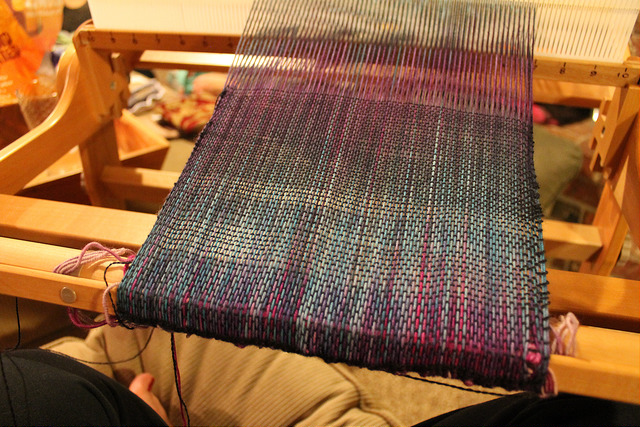“A happy family is but an early Heaven.”
—John Browning, 19th Century Firearms Designer

For many people – myself included – home and family represent a sanctuary of safety, peace, and happiness. It is a place we expect and usually find security, community, and the love we seek to give and receive.
How much time and attention do you actually give to your family during the work week, as well as on the weekend?
How often do you share meals together without phones, play board games, or engage in deep and meaningful discussions?
Far too many of us operate as ships that pass in the night. We only experience brief moments of togetherness, more often under the same roof, but not together.
EXERCISE:
Where and in what ways can you experience far more “Heaven on Earth” by making your family a more prominent priority each and every day?

